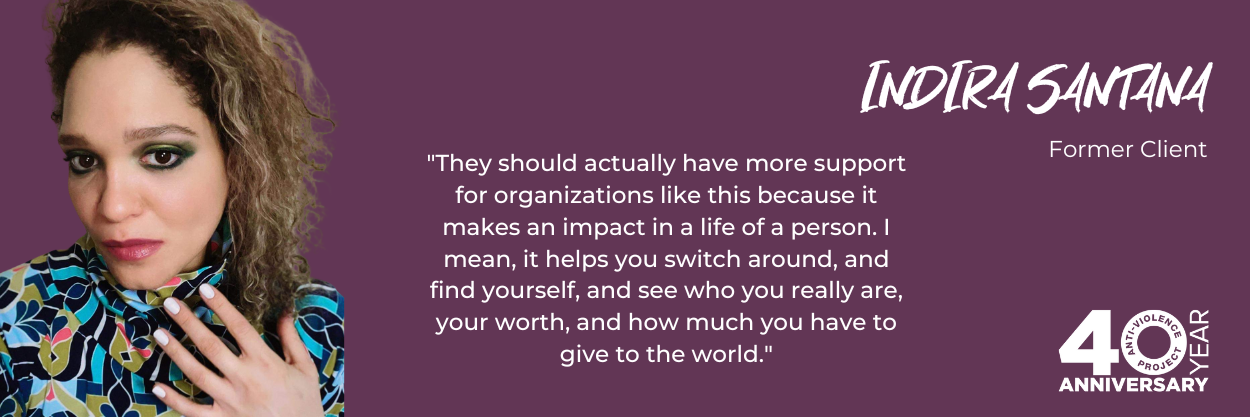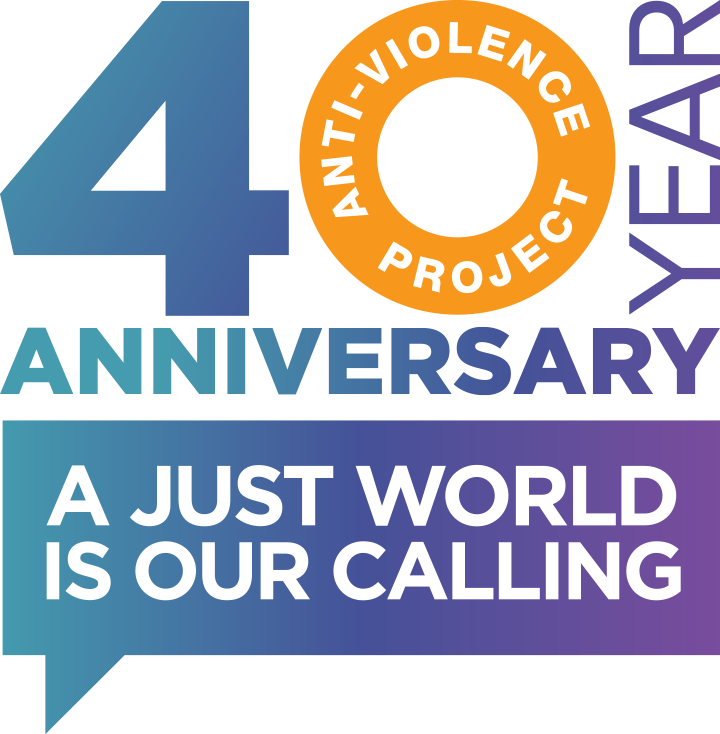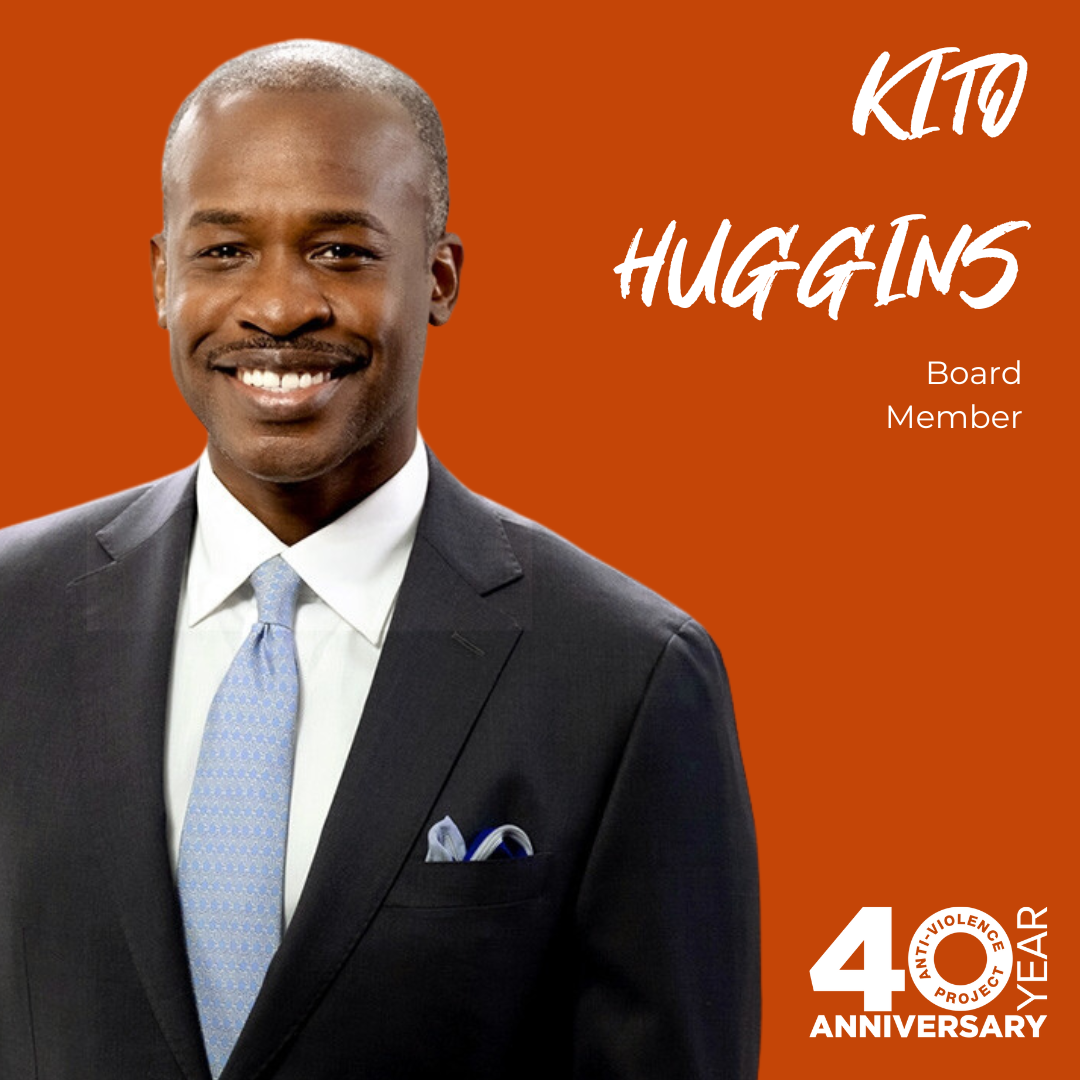
Indira Santana first got involved with AVP while starting to get out of an intimate partner violence situation in 2018. Since then, she has participated in a variety of AVP’s programs for empowerment including an art therapy group that allowed her to open up. “It was like, just imagine that you’re a kid in kindergarten and you’re just having fun with colors, shapes, and that’s it. Basically, you just have fun with it.”
We talked about art therapy and AVP’s services gave, leaving a violent relationship, trauma, and the importance of healing to find a way forward.
How did you first get involved with AVP?
I was involved in the LGBT Center. I was their client. I was living in a domestic violence relationship before my counselor transferred me to AVP. It was through the LGBT Center that I got to know about the AVP.
I remember it was December. The first meeting for enrollment [in a support group] was around December 2018, while I was still with my partner. I just couldn’t let her know that I was doing it. I would say the support that I had from [AVP] actually made a huge impact and difference in my life. Because of the support they provided me, I was able to heal properly and go through the right path while I was just broken completely. I tell everyone it made a difference in my life having that support, because it’s something that you need, especially when you’re at your weakest point, where you have to start over again from zero and have no clue where your soul is at that moment.
It makes a huge difference, all the support they give. It’s not only the counseling part. For example, I did the arts therapy group two or three times, because I love art, and it helped me so much. Starting to go through the pain and the emotions, having ups and downs, and having better days. I’m telling you for me, if I didn’t have that support, I probably wouldn’t be where I am or at this point, because it was really, really hard for me to just come out of that pain and damage and all that trauma in my life.
When you deal with somebody that is a narcissistic partner, they basically crush your soul so you lose yourself. So for me, in order for me to start again, being a human being, emotionally, financially, and professionally, it was a start from zero in every single way of my life, so it took time. But the consistency of the impact of the therapy sessions, it made a difference.
That’s really important, and thank you for talking about it. What kind of art did you do in the art therapy classes?
You don’t know what you’re going to do when you’re in the class. You get to meet other people going through similar situations. Like, one day we were journaling, and another day you make different little art projects that would connect you with your emotions. Stuff like that.
It’s something everybody should have the opportunity to try because it does help you. I am a perfectionist and sometimes when it comes to art, you need to have a preview in your head of what you want to do, how you want it to look, everything like that. But in there it was like, you got 30 minutes to work on this. So things like that would challenge you a little bit to recognize and see that it’s okay. It does not have to be perfect. Because there were people that never bonded or connected through art in their lives. They were allowed to actually open up. For me, it was like, just imagine that you’re a kid in kindergarten and you’re just having fun with colors, shapes, and that’s it. Basically, you just have fun with it.
I remember a friend of mine, she was like, “But I never draw. I never color.” It doesn’t matter. You just feel like if you’re a kid and you’re having fun and that’s the whole thing of it. It was really, really, really nice for me because I’m an artist in that way, and I need art in my life, because otherwise it’s too gray. So for me, that was like a cherry on the cake.
How long were you involved with that program at AVP?
That first one was in 2019. Then I think there was another one by the end of 2019 or the beginning of 2020. I did it like two or three times because I liked it so much. But then, as you know, I told my counselors, if there’s priority for other people that haven’t been in it, well, it was fine. We did one that was online through the pandemic, and that was [in] October 2020. They shipped all the materials to us for the sessions, and then we did that one. And it was really cool to do it online because the first online thing that I did was in a group.
Who are the people that you remember from that time?
The teacher, the art teacher, she was really cool, Jess. And I remember Aditi, she was my first counselor. She was super cool. She was so understanding. And she actually helped me understand myself way better than I thought that I knew myself. So it was something needed in life. Maybe something meant to be, like the right guidance at the right time in your life. So that’s why I’m so grateful to AVP.
Why do you think that organizations like AVP are necessary?
Because there’s a lot of trauma in people, in adults, not only in children, but in adults, we have a lot of wounds from childhood that we learn to live with, and we don’t know that we have them, and it affects your whole life in many different ways. So the earlier that you try to heal those wounds from your childhood, the better. It prepares you to achieve a better level in your life where you love yourself more, you accept yourself more.
They should actually have more support for organizations like this because it makes an impact in a life of a person. I mean, it helps you switch around, and find yourself, and see who you really are, your worth, and how much you have to give to the world.
This interview has been edited, shortened and condensed for clarity.




